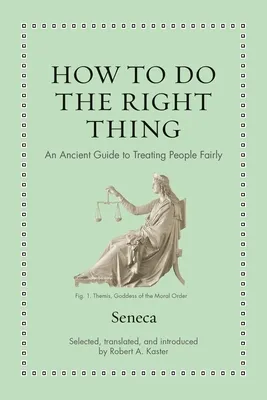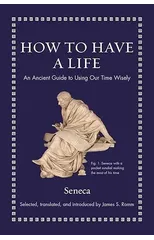Written around 49 AD, "On the Shortness of Life" is a classic stoic masterpiece. In this letter to his friend (and possibly father-in-law) Paulinus who was serving as praefectus annonae, the official who superintended the grain supply of Rome. Seneca beckons readers to contemplate the brevity of human existence. This timeless work delves into the intricacies of time, virtue, and the pursuit of a meaningful life. Written during a tumultuous period in Seneca's own life, when he found himself in exile under the capricious rule of Emperor Claudius, the treatise reflects Seneca's deeply personal reflections on the nature of time and the choices that shape the course of our lives.
Seneca
Seneca, a Roman philosopher and playwright, is best known for his collection of essays and letters, "Moral Epistles." His writing style is characterized by its clarity, wisdom, and practical advice. Seneca's key contributions to literature include his exploration of Stoic philosophy and his influence on later thinkers such as Montaigne and Descartes.





